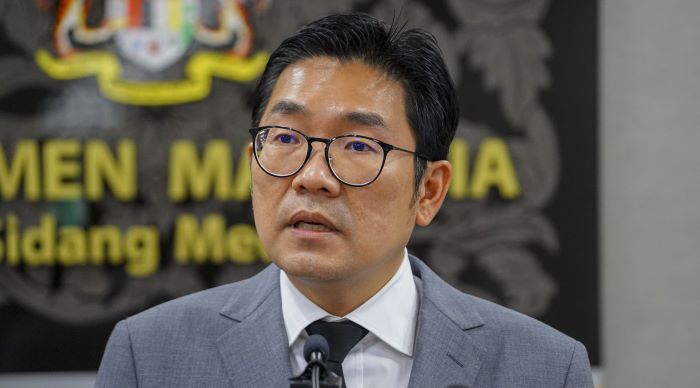Malaysia should redirect savings from reduced eggs subsidies toward helping poultry producers upgrade to closed houses—citing growing concerns over avian influenza and unsustainable farming practices.
Acute biosecurity concerns
Sim Tze Tzin, former Deputy Minister of Agriculture and Agro-Based Industry, urged federal authorities to assist egg producers and poultry farmers in transitioning to closed-house systems equipped with advanced biosecurity features.
His comments follow Malaysia’s decision to reduce its egg subsidy from 10 sen to 5 sen (USD 0.02 to USD 0.01 ) per egg while lifting price controls—a move aimed at cutting public spending and liberalizing the poultry sector.
Agriculture Minister Mohamad Sabu previously stated that savings from the discontinued subsidies could be reallocated to support other high-priority agro-food segments.
Open house risks
Mr Sim emphasized that Malaysia’s poultry industry still relies heavily on open-house or semi-closed systems, exposing flocks to external disease threats—including highly pathogenic avian influenza (HPAI), or bird flu.
These outdated systems also contribute to environmental degradation, including waste runoff and fly infestations in rural communities.
“Open systems leave birds far more vulnerable to airborne viruses and diseases carried by wild birds or farm personnel,” he noted.
“With the threat of bird flu ever-present in the region, modernizing our poultry operations is not just a matter of efficiency—it’s critical to biosecurity and food safety.”
Disease prevention
Closed-house poultry systems provide controlled ventilation, improved waste management, and restricted access, significantly reducing disease risks while ensuring year-round productivity.
Although more capital-intensive, these facilities align with international standards for sustainable and safe animal production.
Mr Sim stressed that upgrading infrastructure would improve long-term industry competitiveness while aligning with the government’s goal of strengthening Malaysia’s agro-food security.
“As someone who has worked directly in this space, I am pleading with the government to reinvest the subsidy savings to develop a more modern, efficient, and disease-resilient poultry sector,” he said.
With regional outbreaks of bird flu posing ongoing threats to commercial and backyard flocks, industry players and policymakers face growing pressure to prioritize biosecurity upgrades as a key component of Malaysia’s agricultural future.

